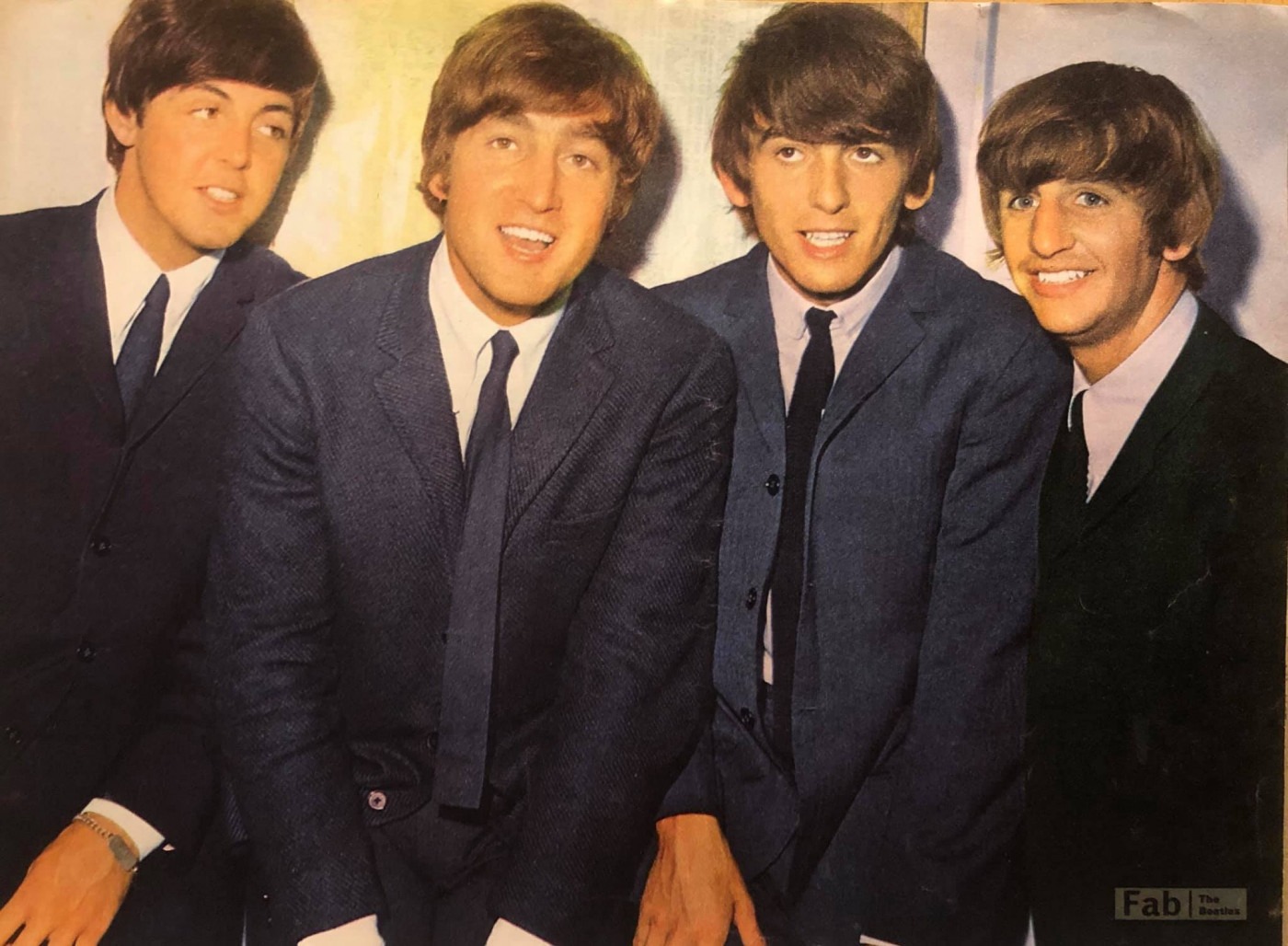Why does ‘Now and Then’ deserve to be released?
The Beatles recently released what will be, technically, the band’s final song. It puts a cap on a long 60 years from the Beatles’ first debut single, ‘Love Me Do’, released in 1963. ‘Now and Then’, inspired by John Lennon’s personal tape recording, where he plays a solemn piano solo whilst singing the now remastered ballad. This recording method is certainly reminiscent of the signature McLennon way of recording on the piano: grasping frantically at the air to find the right words, with them crowded atop a stool with fingers pressed tightly on the piano keys. It’s fitting the song will be considered, finally, a Beatles song.
I did imagine on my first listen to the song a side-by-side of an aged post-Beatles breakup John, with business disagreements which broke off their creative enigma, alongside the man that helped form this enigma, Paul McCartney, who is harmonising with Lennon, acknowledging how they both miss one another in their unique situations. We also see that McCartney had to assume the role of the leading member of the band, towards the end of the Beatles’ time together, which Lennon disapproved of all those years ago. The Beatles otherwise may have broken up even sooner than they did if it wasn’t for McCartney’s leadership. McCartney, once again takes this role decades later, and it has implications for the tone of the single.
Whereas Lennon’s vocals were sat behind the piano in the original recording, he’s now front and centre
Lennon’s voice, in the original recording, seemed to be hiding and he often slurred or muddled up his lyrics. The piano also looms large and is a little overbearing. However, the finished article attempts successfully to put Lennon’s voice to the forefront; it’s a more emotional and potent song, reminiscent of John’s heartfelt, emotion-driven, soul-seeking music of his extensive solo career. It has all the makings of a Beatles song, and it’s an interesting meld of this songwriting style that influenced Lennon’s mind and pen and the Beatles’ distinct structure, congealing here and now.
We must also address the ethical implications of this technical process. It must be remembered that with less advanced technology, similar results were reached with the songs from the anthology Real Love and Free as a Bird. I feel it’s the whole narrative surrounding AI that has evoked the distaste for its use in music. The means to achieve the end of ensuring clearer and bolder vocals are created through machine learning and separating and pulling the voice from the loud, overbearing instrumentals that we simply couldn’t pick up beforehand. Whereas Lennon’s vocals were sat behind the piano in the original recording, he’s now front and centre.
We must thank those audio engineers and, importantly, the usage of AI that was implemented in the recently released Get Back recordings, which ultimately inspired the continuation of this project, with the help of Get Back director, Peter Jackson. He was able to discern the Beatles’ voices despite how hard they tried to mask their conversations behind strumming on their guitars.
It’s moving to believe that this song could reunite them in this challenging time for the band
The other significant qualm that I have is the song’s direction. In this tune, it doesn’t have that same Lennon atmosphere. There should have been some way to incorporate Lennon into this more than just with his vocals and piano. McCartney, as director of the project, adds his own identity to the track and transforms the piano into a modern stylised sound you would find on his newer albums. McCartney also keeps the tone a little too light-hearted in some ways with his playing, and it does confuse the direction of the song, with it remaining, for me, a sombre Lennon song.
This brings us to the ethical issues of finishing a song for an artist, but no less, finishing that song for them during a period where all their works from this point onwards were used for their solo career. At this time, there was likely a decent amount of resentment for the Beatles felt by Lennon. However, in the time leading up to his death, when the relationship with all the band members was looking to be healed, I hardly think Lennon would’ve if he was around today wanted to release the song without the band.
Despite these issues, those representing Lennon allowed this to come to fruition. While no one can speak on behalf of the man, Yoko Ono was certainly extremely close and an inspiration for Lennon’s solo catalogue. Therefore, I believe her handing the tapes in 1994 to the Beatles is symbolic of a healed relationship between those associated with the band. Finally, speaking more on the content, Paul must be distraught, reminiscing the loss of John. It’s also a touching thought to ponder that Lennon may have addressed this song to McCartney. It’s moving to believe that this song could reunite them in this challenging time for the band, with the understanding of some resolve and closure from all being a neat bookend to the Beatles’ long extensive and brilliant history. It’s truly an important moment to savour and appreciate the history of this great band.

Comments